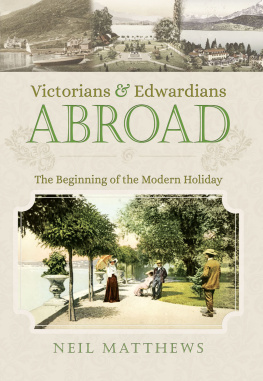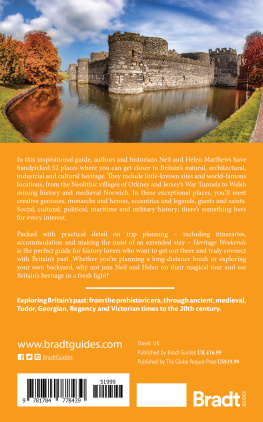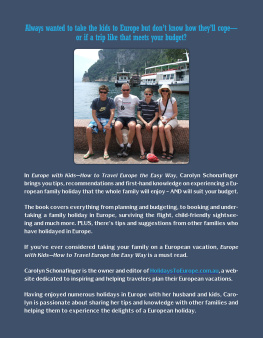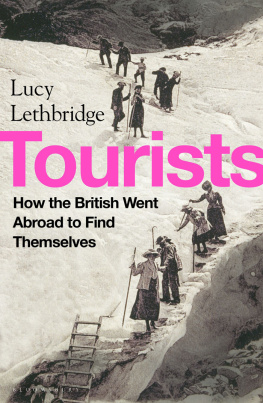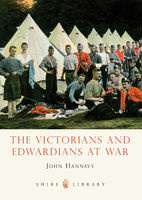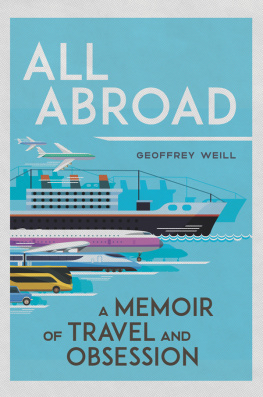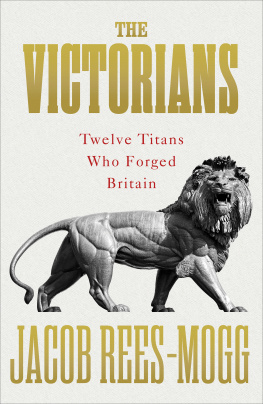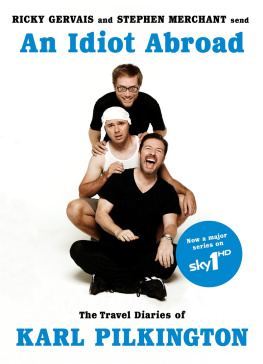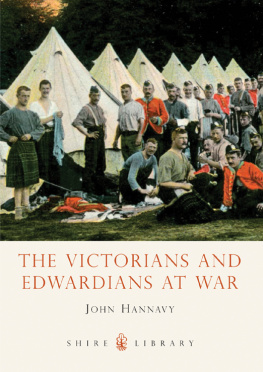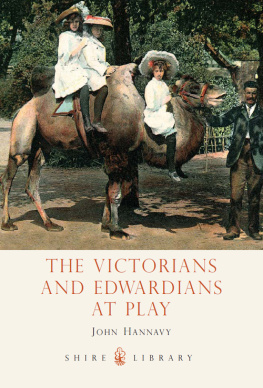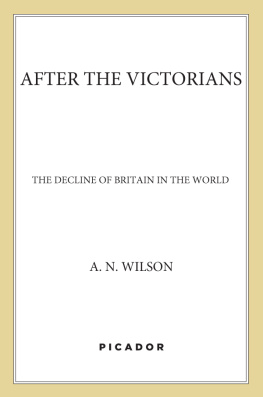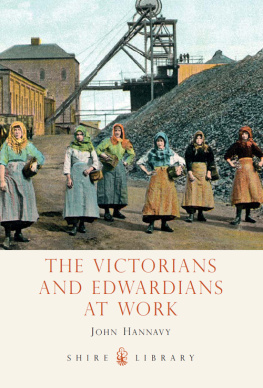

To my mother

First published in Great Britain in 2016 by
Pen & Sword History
an imprint of
Pen & Sword Books Ltd
47 Church Street
Barnsley
South Yorkshire
S70 2AS
Copyright Neil Matthews 2016
ISBN 978 1 47383 427 9
The right of Neil Matthews to be identified as the Author of this Work has been asserted by him in accordance with the Copyright, Designs and Patents Act 1988.
A CIP catalogue record for this book is available from the British Library
All rights reserved. No part of this book may be reproduced or transmitted in any form or by any means, electronic or mechanical including photocopying, recording or by any information storage and retrieval system, without permission from the Publisher in writing.
Typeset in Ehrhardt by
Mac Style Ltd, Bridlington, East Yorkshire
Printed and bound in the UK by CPI Group (UK) Ltd,
Croydon, CRO 4YY
Pen & Sword Books Ltd incorporates the imprints of Pen & Sword Archaeology, Atlas, Aviation, Battleground, Discovery, Family History, History, Maritime, Military, Naval, Politics, Railways, Select, Transport, True Crime, and Fiction, Frontline Books, Leo Cooper, Praetorian Press, Seaforth Publishing and Wharncliffe.
For a complete list of Pen & Sword titles please contact
PEN & SWORD BOOKS LIMITED
47 Church Street, Barnsley, South Yorkshire, S70 2AS, England
E-mail:
Website: www.pen-and-sword.co.uk
Contents
Acknowledgements
Thanks are due to the University of Westminster and to the Quintin Hogg Trust for giving me the opportunity to research the thesis which was the starting point for this book. My principal supervisors Mark Clapson and Tony Gorst provided invaluable advice on many occasions.
All historians owe a debt to archives and their custodians. Within the University, the Archives team of Elaine Penn, Anna McNally, Claire Brunnen and Rebecca Short have been unfailingly helpful. Among the numerous other archivists who have given assistance I am especially grateful to Paul Smith of Thomas Cook; Tony Lees of Manchester County Records Office; Sinead Wheeler of Toynbee Hall; and Paul Wetherall of Manx National Heritage.
Eloise Hansen, Heather Williams and Karyn Burnham at Pen and Sword Books Ltd have been responsive, helpful and supportive editors. Dominic Allen came up with the beautiful cover design.
Finally, the encouragement and support of my long-suffering wife Helen has been, as always, essential.
Chapter 1
Introduction
All travel has its advantages. If the passenger visits better countries, he may learn to improve his own, and if fortune carries him to worse, he may learn to enjoy it.
(Samuel Johnson, Journey to the Western Islands of Scotland, 1775)
The modern history of holidays for the British people is, perhaps surprisingly, one of the aspects of travel and tourism on which historians have written relatively little. Certainly travel in its widest sense has a long, rich and varied heritage as any reader of Herodotus, Chaucers Canterbury Tales or the tales of Sir John Mandeville or Marco Polo or, for that matter, of Samuel Johnson and James Boswell will know.
Major motivations for travel have included pilgrimage, commerce, exploration and colonisation, sometimes in combination and not always initiated by the British. Witness, for example, two key events of 1735: a French expedition to attempt to confirm whether the earth was a (Cartesian) perfect sphere or a (Newtonian) spheroid with flat poles; and the publication of The System of Nature by Carl Linnaeus, a Swedish naturalist, which tried to classify all plants into one system.
Nonetheless, the British have traditionally played a central role in many accounts of continental and global travel over the centuries. The obvious example of this was the network of European journeys known as the Grand Tour, especially from the late eighteenth century onwards, as the upper classes sent their sons abroad for a mixture of reasons, which Jeremy Black has summarised as social emulation and a viewpoint of foreign travel as a means of education and particularly of social finishing. The wealthiest might go as far south as Italy, with less affluent travellers staying in France and the Low Countries, some venturing to Germany and a relatively small number sampling the delights of Scandinavia and Russia. The view of foreign travel as beneficial had not always been generally shared: James Boswells father thought that there is nothing to be learned by travelling in France. After the end of the Napoleonic Wars in 1815, the Grand Tour took on a different flavour, with the educational benefits being a less significant motivator by then. Literary pilgrimages and an appreciation of landscape had become important factors; the latter as part of a wider trend in which the Romanticism of Goethe and Wordsworths poems and Schillers plays were prominent. Tourists looked out for the picturesque, literally something that would look good in a picture. Later still, they would seek out the sublime: the rough, dark, vast, powerful, infinite face of nature which terrified and captivated at the same time.
Travelling through Britain and abroad also came to acquire a reputation for one specific benefit; it could improve your health. The therapeutic advantages of mineral waters have been well known as far back as the Roman era. Over time, medical opinion advocated cold bathing as a care sometimes regardless of the mineral properties of the waters. Crucially for the development of tourism in Britain, Dr Richard Russells 1752 book advocated the internal and external use of seawater, in the same way as spa waters. The coast had greater capacity than spas, large enough to absorb all comers, and social homogeneity mattered less as John Pimlott put it. By the mid-nineteenth century, most of Britains spa resorts Brighton, Bath, Cheltenham, Hastings, Scarborough, Ramsgate, Margate were by the seaside. Easy access from main population centres was crucial Brighton, according to Thackeray, was London plus prawns for breakfast and the sea air and Blackpool and Southport benefited from direct rail lines. The quality of sea air also assumed significance as a perceived benefit for health. By the mid-nineteenth century, as more of the middle classes holidayed at the English seaside, their social superiors went further afield: to Scotland, Ireland and the Continent. They sought health benefits in Switzerland for example, where cure houses and sanatoria might deal with tuberculosis (also known as consumption). The British started to arrive in greater numbers from around 1875 and played their part in developing Switzerland as a mecca for winter sports. The Tourist Association of Thun stated in 1900: Ways must be found to compensate people of quality for having to suffer the presence of the disgusting masses.
Much of the existing historical research and writing relates to a relatively small and wealthy proportion of the population, but some progress has been made regarding travel and tourism for the majority of the British people. The survival of archive material relating to Thomas Cook, some dating back to the mid-nineteenth century, has enabled various authors to chart the history of that remarkable company and its eponymous founder, all the way back to the historic train journey between Leicester and Loughborough in 1841. Thomas Cooks importance in widening the availability of foreign holidays especially to that most protean category, the middle classes has been well acknowledged. Recent research has helped us to learn more about the emergence of holiday camps during the twentieth century, especially under Billy Butlin and Harry Warner before World War II and then after 1945, when they offered affordable and accessible holidays to an over widening range of working people. Eventually, the innovations of coach and air transport and the gradual recovery from the deprivation of wartime coalesced into what is generally called mass tourism (probably in the late 1960s, though a firm consensus on exactly when this fabled era began is elusive).
Next page
